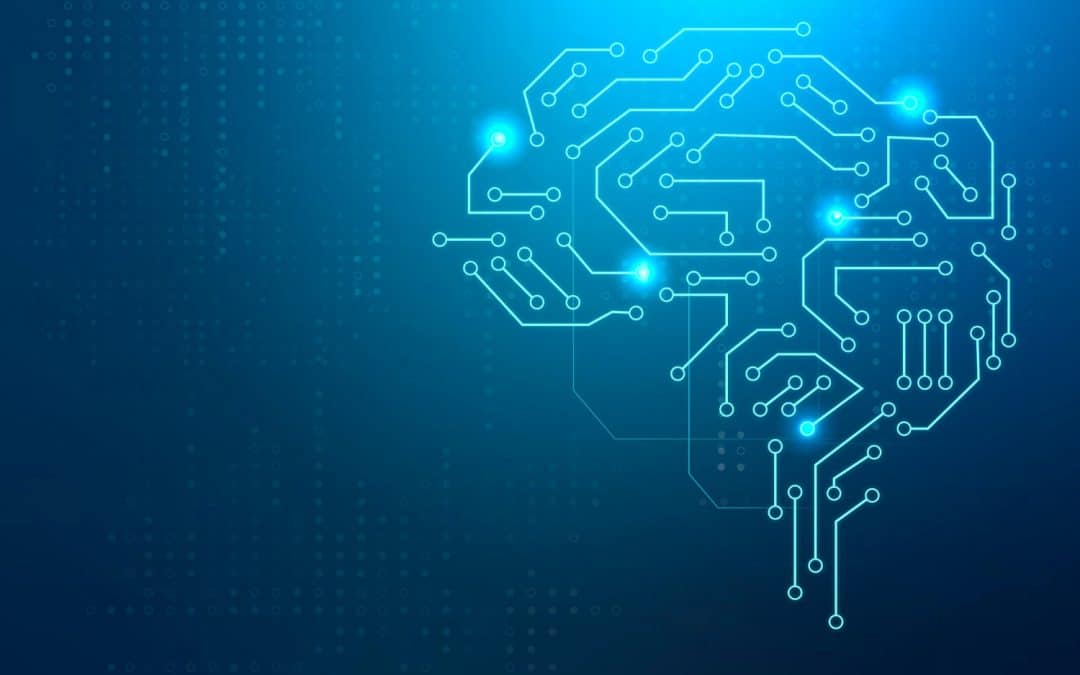Artificial Intelligence (AI) has greatly impacted the music production industry, making it easier for musicians to create, produce, and share their music. In this blog post, we will explore the top AI tools for music production, beat making, and song-writing, and highlight the importance of obtaining a formal education in audio school.
Here is a list of A.I. powered tools for musicians and song-writers:
- Amper Music: This AI-powered platform creates original music for media projects with its user-friendly interface. Musicians can create music for their video and audio projects with just a few clicks, making it easier to produce high-quality music.
- AI Music: This platform generates original music based on a particular artist or genre, making it easier for musicians to create their own unique sound. The platform’s AI technology also allows for easy customization of the composition to suit the musician’s needs. (AI Music -Play Store) (AI Music -Apple Store)
- Soundtrap: This cloud-based music studio includes a wide range of virtual instruments and tools, and its AI technology can suggest drum and bass lines to complement the user’s compositions. This makes it easier for musicians to create and produce high-quality music.
- Humtap: This AI music app creates original music by using the user’s voice as input. The user can hum, sing, or beatbox, and the AI technology generates a unique composition based on the input. This makes it easier for musicians to experiment with new sounds and create unique music.
How to make the best of these tools ?
AI technology has made music production, beat making, and song-writing easier and more accessible for musicians. However, obtaining a formal education in an audio school can give musicians a deeper understanding of the technology and the ability to create truly original music.
Since music production is a complex and multi-faceted process that requires not only technical skills but also creativity and artistic vision. A music production course will provide musicians with the skills and knowledge necessary to create high-quality music.
This includes:
- Understand the fundamentals of music theory.
- Learning the rules of harmony, melody and rhythm.
- An extensive knowledge of music production software like Pro Tools, Logic Pro, Cubase, Ableton Live and Reaper.

